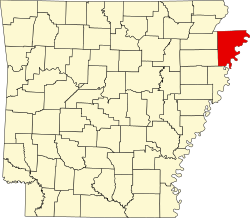2000 census
As of the census [8] of 2000, there were 1,981 people, 788 households, and 549 families living in the city. The population density was 1,069.6 inhabitants per square mile (413.0/km2). There were 866 housing units at an average density of 467.6 per square mile (180.5/km2). The racial makeup of the city was 92.88% White, 1.41% Black or African American, 0.30% Native American, 0.20% Asian, 4.04% from other races, and 1.16% from two or more races. 9.54% of the population were Hispanic or Latino of any race.
There were 788 households, out of which 32.0% had children under the age of 18 living with them, 56.6% were married couples living together, 10.2% had a female householder with no husband present, and 30.3% were non-families. 27.5% of all households were made up of individuals, and 16.5% had someone living alone who was 65 years of age or older. The average household size was 2.51 and the average family size was 3.07.
In the city, the population was spread out, with 27.3% under the age of 18, 8.2% from 18 to 24, 27.1% from 25 to 44, 22.0% from 45 to 64, and 15.4% who were 65 years of age or older. The median age was 36 years. For every 100 females, there were 93.3 males. For every 100 females age 18 and over, there were 87.6 males.
The median income for a household in the city was $25,789, and the median income for a family was $32,574. Males had a median income of $26,792 versus $17,083 for females. The per capita income for the city was $15,360. About 12.4% of families and 17.3% of the population were below the poverty line, including 19.9% of those under age 18 and 16.9% of those age 65 or over.


